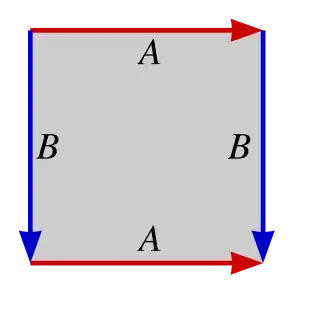Following up on my previous question Probability that two random permutations of an $n$-set commute?, here's a related question for three elements.
Q: If $\alpha,\beta,\gamma$ are chosen uniformly at random from the symmetric group on $n$ elements, what is the probability that $\alpha\beta\gamma=\gamma\beta\alpha$?
For $n \leq 6$ we have the striking property $$\mathrm{Pr}[\alpha\beta=\beta\alpha]=\mathrm{Pr}[\alpha\beta\gamma=\gamma\beta\alpha].$$
as illustrated in the following table:
\begin{array}{r|rr} n & \mathrm{Pr}[\alpha\beta\gamma=\gamma\beta\alpha] & \mathrm{Pr}[\alpha\beta=\beta\alpha] \\ \hline 1 & 1 & 1 \\ 2 & 1 & 1 \\ 3 & 108\ /\ 3!^3 = 0.5 & 18\ /\ 3!^2 = 0.5\\ 4 & 2880\ /\ 4!^3 \simeq 0.208 & 120\ /\ 4!^2 \simeq 0.208 \\ 5 & 100800\ /\ 5!^3 \simeq 0.058 & 840\ /\ 5!^2 \simeq 0.058 \\ 6 & 5702400\ /\ 6!^3 \simeq 0.015 & 7920\ /\ 6!^2 \simeq 0.015 \\ \end{array}
computed using GAP. Does this hold in general?
Comments:
The tools used in the previous question (e.g. the centralizer subgroup) do not seem to be usable here. (Although, maybe I'm missing something important.)
This doesn't seem to generalize: e.g. in $S_3$, we have $\mathrm{Pr}[\alpha\beta\gamma\delta=\delta\gamma\beta\alpha] \simeq 0.103$ which doesn't match.
None of the permutations $(13),(23),(12) \in S_3$ commute, but $(13)(23)(12)=(23)=(12)(23)(13)$.


